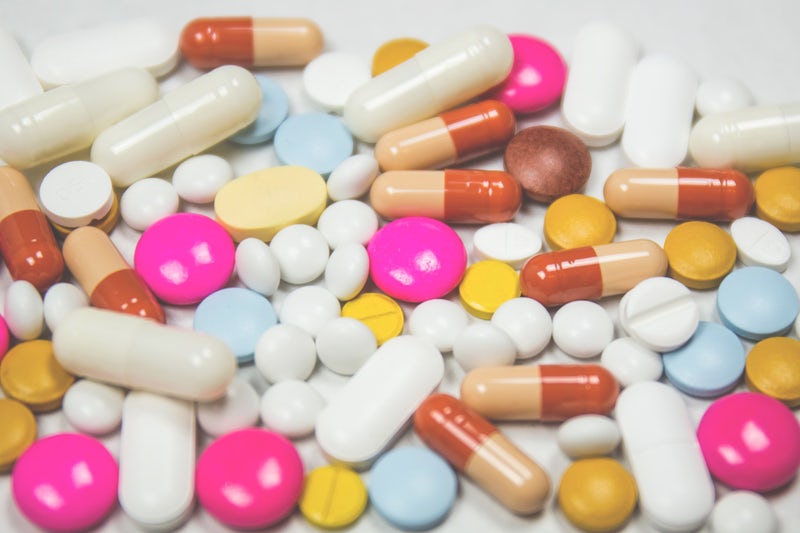Experiments by Michigan Professor of neuroscience and psychology Kent Berridge, among other neuroscientists, shows that rats follow programmed behaviour when catering to an addiction, drinking cocaine because of want, not pleasure. It is not pleasurable choice: they do it till death. Similarly, humans with pleasure electrodes do not enjoy or feel pleasure but compulsion. The experience is not pleasurable per se but habitual, wired into the brain through repetition. The pleasurable versus not is a gross misconception of the brain. Indeed, past and present alcoholics like Eric Clapton know, the last thing they enjoy is alcohol. In fact, they try to mask the taste – the actual drinking of alcohol – but nonetheless crave the displeasurable yet desired effects. It is not pleasurable, but an artificial relief from life. Afterall, alcoholics are not happy for all that apparent hedonism. Neither are injector addicts happily pleasured. Pleasure and meaning make happiness, and addicts crave neither.
That lack of happiness makes them turn to drugs for escape–for temporary relief that, of course, fails.
Rather than needing neuroscience back-up, this makes perfect sense: we take in drugs of any kind from an experience that gives us a high like running or sex, to taking chemical drugs. All to change our consciousness and add something beneficial to our experience of the world. Were they constants of all our time and thoughts they would no longer be pleasure but sheer torture. The science seemed to dictate that opiates were chemically addictive in themselves, and of course, to some extent they are, but that extent has building evidence diminishing its validity.
The deficit of ordinary pleasures that are themselves chemical via vasopressin, dopamine and oxytocin such as having fun with friends, lovers or family are compensated for by addicts with artificial drugs–to fill the gap. Community declined with capitalism as has compassion and self-compassion in turn. Stress and trauma create the conditions for thereby contribute to the desire for drugs.
Epidemics of depression and anxiety come from this chemical and emotional deficit, and those subtly lead to addictions. Addicts are demonised and blamed for their circumstances and neurology because of our harmful, and often unconscious, ideology of personal responsibility; when to really be helped and cured they need support and love more than ever.
Portugal is the perfect model for this. They legalised possession of drugs. This has overall more utility for national welfare because decriminalisation mitigated the taboo of addiction and from there addiction itself declined. Fewer takers, fewer deaths, and less pain, and surprising stability during the recession. Things are better all round.
Addicts need help from loved ones, and help from their country, as a United Nations Office On Drugs and Crime report says, allocating into:
“the drugs field, expanding and improving prevention, treatment, harm reduction and social reintegration programmes. The introduction of these measures coincided with an expansion of the Portuguese welfare state, which included a guaranteed minimum income”. Self-esteem, compassion, and well being are compromised by poverty, social isolation, a downward spiral of unemployability–their measures counteract that and in turn, they counteract drug addiction.
The UN report concludes that Portugal decriminalising possession did not lead to more drug use, but overall less and that:
“This tallies with a significant body of evidence from around the world that shows the enforcement of criminal drug laws has, at best, a marginal impact in deterring people from using drugs.There is essentially no relationship between the punitiveness of a country’s drug laws and its rates of drug use. Instead, drug use tends to rise and fall in line with broader cultural, social or economic trends”
Other nations would do well to do the same. 25 others already are.
For the neuroscience click here
For understanding lifestyle prvention of depression click here
For the empirically best diet click here
Related Posts
How To Overcome Depression: Research Insights
The Scientific Secrets To Happiness
The Need For Bias


One thought on “How To Solve The War On Drugs”